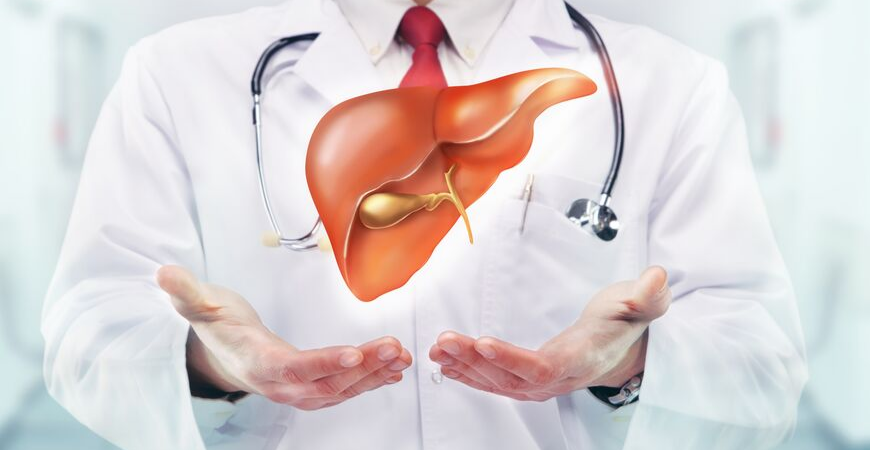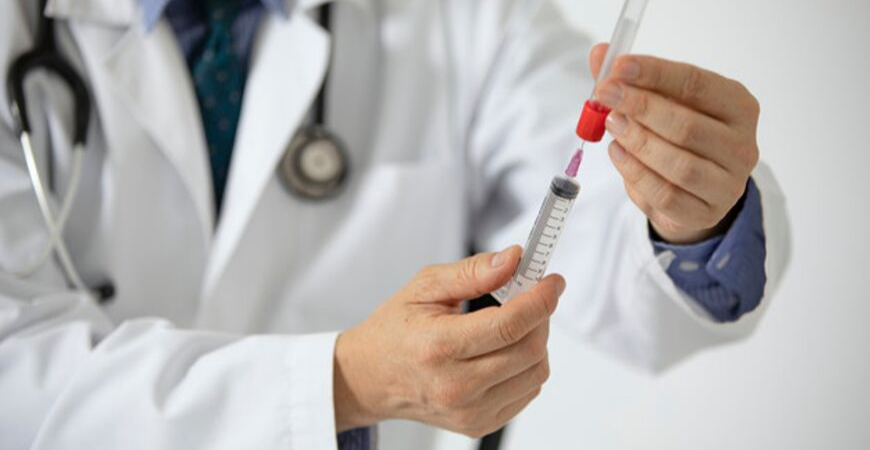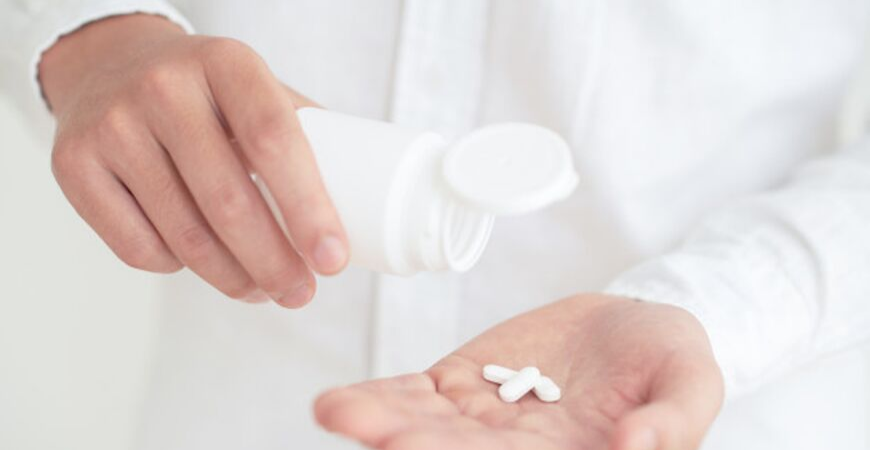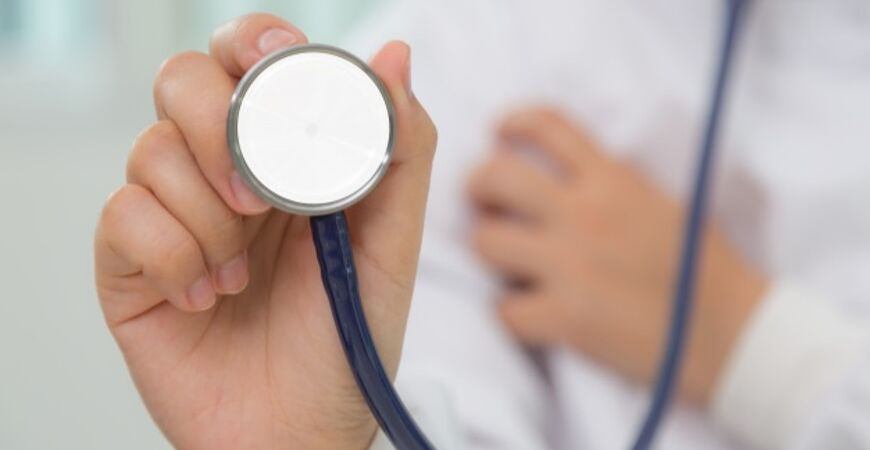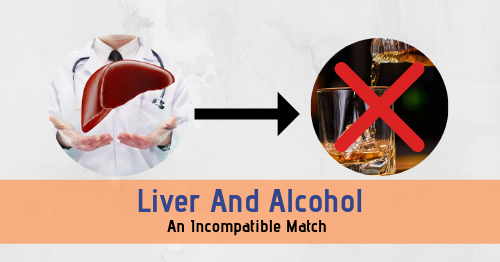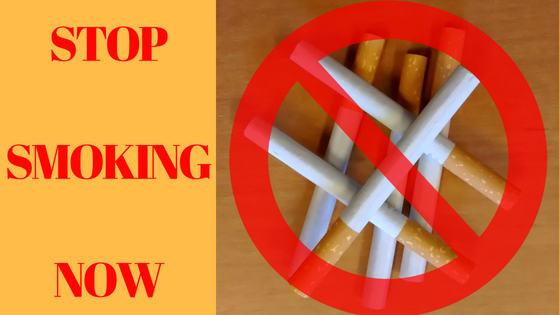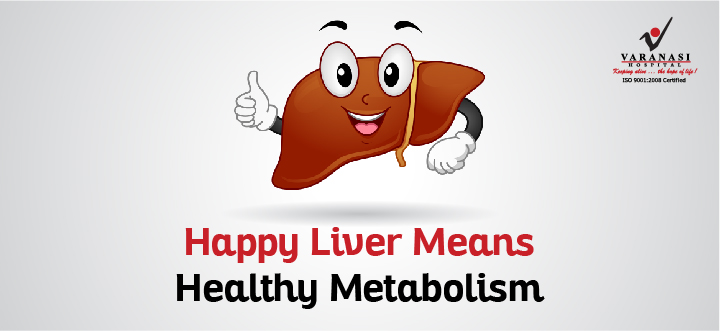Follow These Useful Advice To Ensure A Healthy Liver
The liver is a very crucial organ of our digestive system. It carries out some essential functions like blood purification, protein-synthesis, production of bile, albumin & bilirubin, metabolization, vitamins & minerals storage, prevents clotting of blood. Hence, maintaining liver health should be practiced to have a good digestive system or else it might lead to many liver ailments and would eventually require liver surgery to treat them. To maintain a healthy liver, adapt the tips mentioned below:
Limit Your Alcohol Intake
Alcohol can destroy the liver, so aim to stop it as soon as possible.
Quit Smoking
Smoking is extremely harmful to your lungs and liver. Stop smoking altogether.
Eat A Well-Balanced Diet
Your diet should contain lots of fruits, plenty of vegetables, whole grains, lean meats like fish, healthy oils and nuts. Make sure to get more fiber and less saturated fats in your food.
Liver-Friendly Foods
Detox your body with warm water mixed with freshly squeezed lemon. Have spinach, kale, brussels sprouts, broccoli, grapefruits, blueberries and cranberries, pears, fatty fishes like salmon, tuna and mackerel etc. Also include garlic, olive oil, papayas, melons, avocados, oatmeal, tea, green tea, and coffee in your diet chart.
Stay Away From High-Calorie Rich Food
Eat less fatty foods to avoid fatty liver disease. These include fast foods like pizza, burgers, pasta, takeouts from restaurants, deep-fried food, oily snacks. Also avoid eating packaged and processed food like packaged chips and nuts, ready-to-eat meals.
Ensure Both Mental And Physical Health
Exercise regularly to maintain healthy body weight and to reduce liver fat. Live a stress-free life, have healthy food and an adequate amount of rest.
Take Vaccination
Immunize yourself from viral infections like Hepatitis A and Hepatitis B that can damage the liver.
Don’t Go For OTC Drugs
Always take medicines as per the prescription. Never ever experiment with your health by taking over-the-counter medicines suggested by a friend/family or from the internet. Don’t take medicines without the doctor’s approval.
Get Regular Health-Care Check-Ups
Do get basic annual health check-ups to scan for health issues. Get tested for liver ailments in case you had liver infection in the recent past.
Liver diseases like cirrhosis, liver cysts, liver cancer, and liver failure require immediate medical supervision where the doctor may opt for liver surgery. As one of the best hospital in Varanasi, we offer surgery and other forms of treatment for liver illness.

